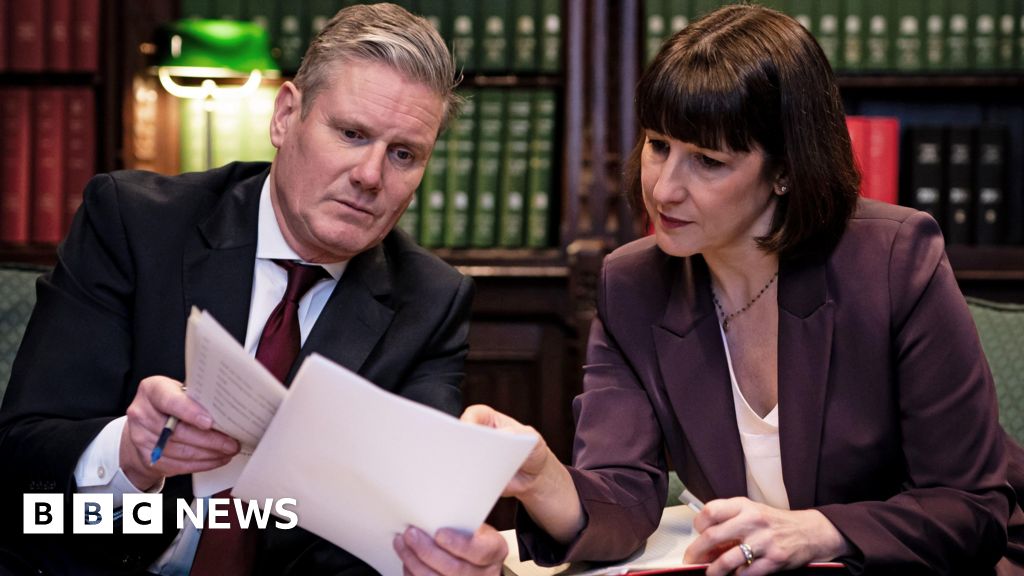BEIJING (Reuters) – China stuck to its position on the three disputed islands in the Gulf on Monday, despite Tehran’s anger at Beijing for describing the Iranian-controlled islands as an issue that should be resolved with the United Arab Emirates.
In a statement last week, China expressed its support for the efforts of the United Arab Emirates to reach a “peaceful solution” to the issue of the islands – Greater Tunb, Lesser Tunb and Abu Musa.
Tehran has controlled the islands, which are claimed by the UAE and Iran, since 1971 after the withdrawal of British forces from the Gulf.
In a rare show of anger towards its largest trading partner, Iran’s Foreign Ministry on Sunday summoned the Chinese ambassador to Iran to protest China’s “repeated support” for the UAE’s “baseless claims.”
The Iranian Foreign Ministry said: “Given the strategic cooperation between Tehran and Beijing, the Chinese government is expected to review its position on this issue.”
The Chinese Foreign Ministry on Monday reiterated its call on Iran and the UAE to resolve their differences through dialogue and consultation, and described China’s position on this issue as “steadfast.”
“The relevant contents of the China-UAE joint statement are consistent with China’s position,” Mao said at a regular press conference when asked about Iran’s protest, and did not offer any revision to Beijing’s position.
She added that China and Iran have a strong relationship, and that China attaches great importance to developing their strategic partnership.
China angered Iran in December 2022 when it issued a joint statement with the Gulf Cooperation Council countries calling for efforts to resolve the issue of the three islands.
That statement went on to emphasize the need to “ensure the peaceful nature of the Iranian nuclear program,” which was not mentioned in the recent statement with the UAE.
(Reporting by Liz Lee and Ryan Wu; Editing by Ross Russell and Alex Richardson)

“Unapologetic tv specialist. Hardcore zombie trailblazer. Infuriatingly humble problem solver.”






More Stories
Did Labour really find a bigger financial mess than it expected?
SNCF: French high-speed trains disrupted by ‘coordinated sabotage’ ahead of Paris Olympics opening ceremony
Macron Responds to Left-Wing Efforts to Rule France – Politico